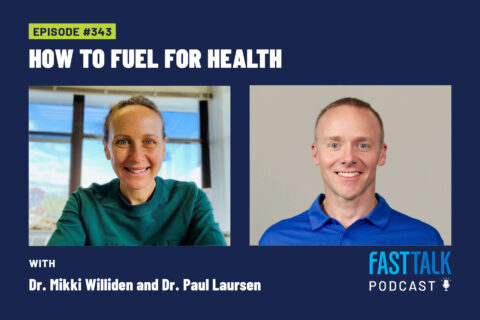
How to Fuel for Health
There’s an important difference between fueling for performance and fueling for health. In this episode, Dr. Mikki Williden and Dr. Paul Laursen give their suggestions on how to fuel for health.
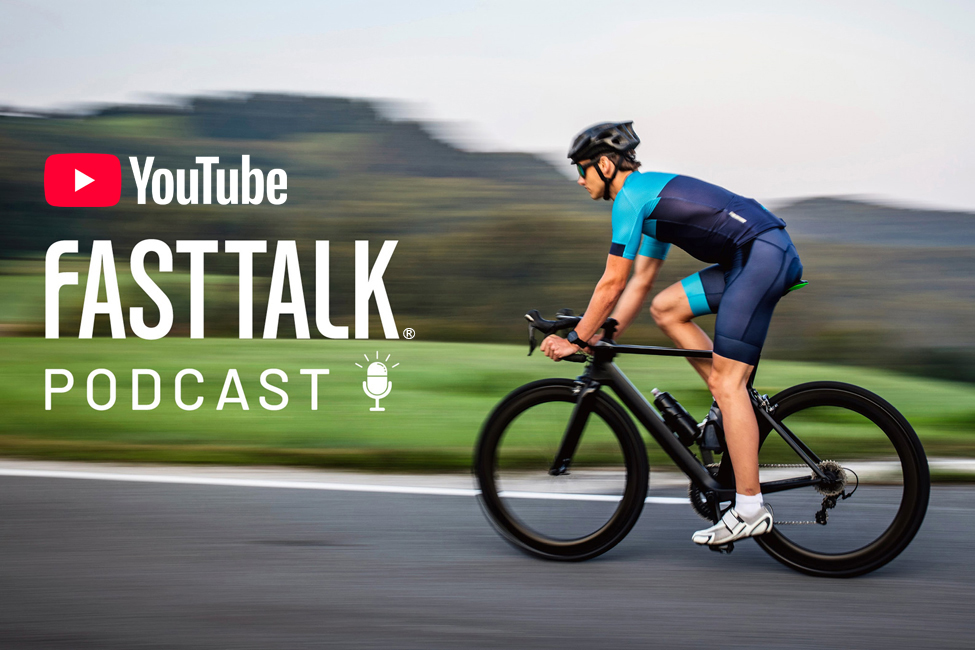
The Fast Talk Podcast focuses on the science of endurance sports in a conversational and informative style. Mixed into the deep discussions, there are tips and takeaways regarding endurance training philosophy, human physiology, workout design, performance nutrition, and sport psychology.
Our hosts Trevor Connor, Chris Case, Grant Holicky, Rob Pickels, and Julie Young explore these topics with world-class, leading experts on endurance sports. These include researchers like Dr. Stephen Seiler, Dr. Bent Ronnestand, Dr. Inigo San Millan, as well as coaches such as Joe Friel, Neal Henderson, Dr. Stacy Sims, and many more.
Subscribe to Fast Talk for over 400 episodes on Apple Podcasts, Overcast, Soundcloud, Spotify, Stitcher, or wherever you get your podcasts.
Fast Talk Podcast is now on YouTube! Subscribe now to get 150+ of our best episodes, new releases, and featured videos.

There’s an important difference between fueling for performance and fueling for health. In this episode, Dr. Mikki Williden and Dr. Paul Laursen give their suggestions on how to fuel for health.
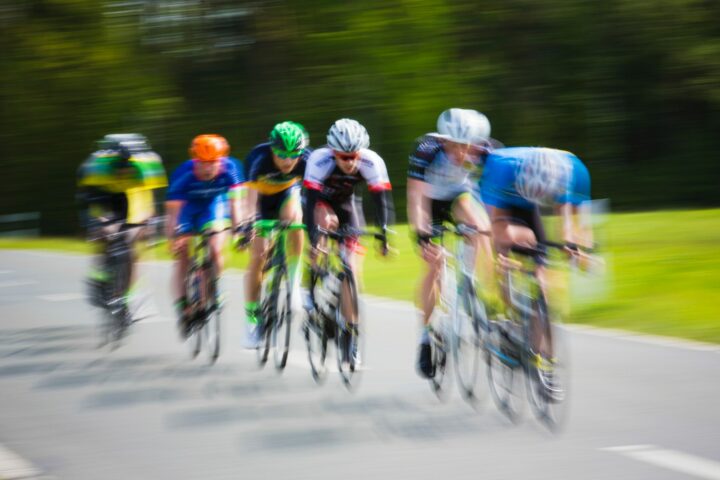
High-intensity training offers many benefits. It also has limitations. We explore just how much HIT work you need to perform at your best.
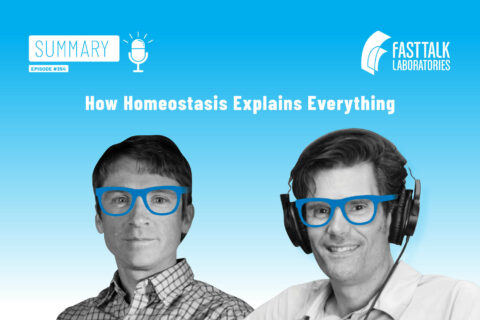
In this summary episode we discuss how homeostasis is at the core of almost every function in our bodies, including how we train and stay healthy.
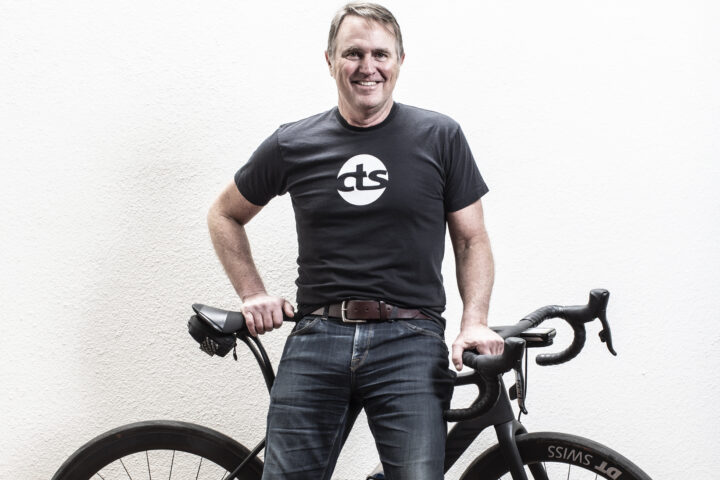
The author of “The Time-Crunched Cyclist” joins Fast Talk to discuss the science, merits, and limitations of the time-crunched training method.

We explore the ways in which the heart changes through training and adaptation with two leading experts in sports cardiology.
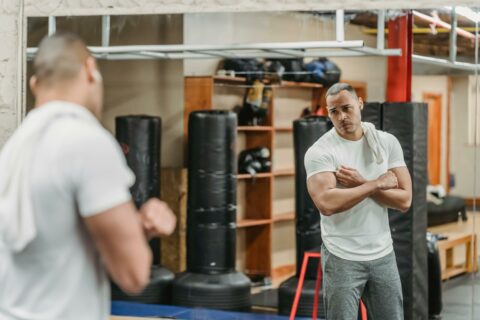
We’re joined by coach and athlete Julie Young who helps us field questions on how to build an annual training plan, coping with race stress, and overcoming body image issues.
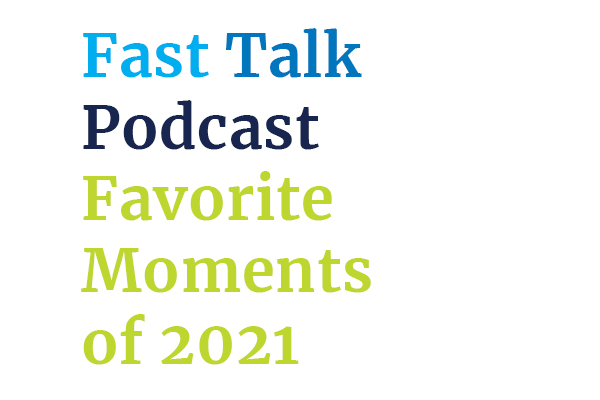
We revisit our favorite Fast Talk conversations from 2021 with a variety of fascinating guests.
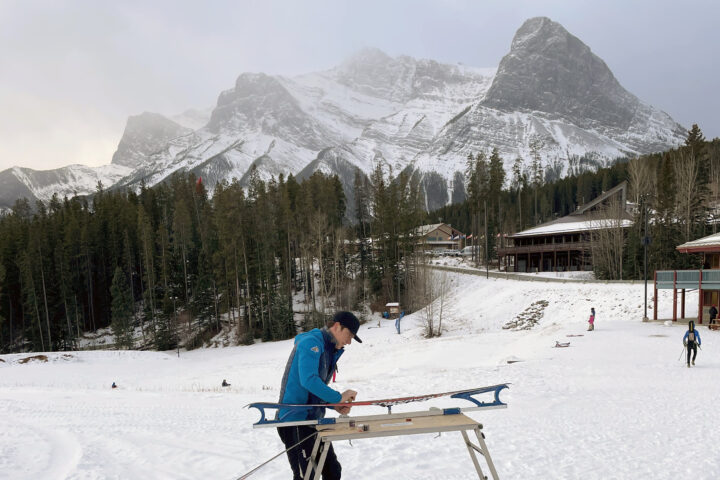
Physiologist and coach Adam St. Pierre helps us explore questions on Nordic ski training, signs of recovery, and mixing various training modalities.
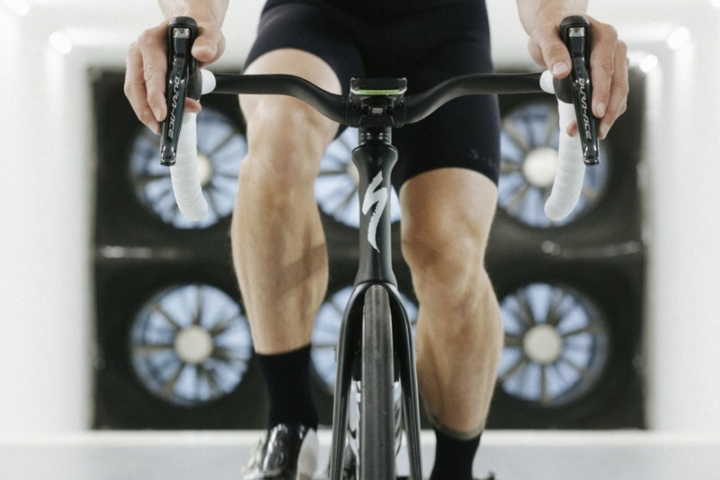
Bike tech journalist Ben Delaney helps us highlight aerodynamic gear and bicycle technology that offers the best return for your investment.
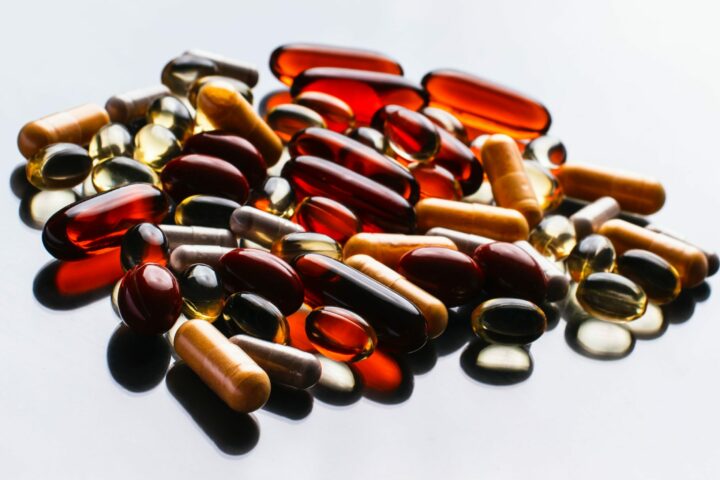
We’re joined by one of the world’s preeminent nutrition researchers to dive into the history, changing perception, and efficacy of supplements.

We gathered some of our favorite nutrition-themed questions on the psychology of food, the advantages of running before or after a big meal, winter weight fluctuations, and more.
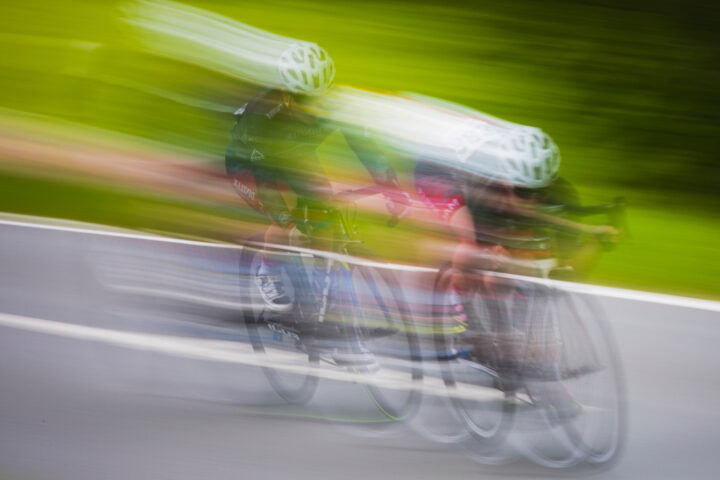
Knowing how a race or workout feels—aka RPE—is an extremely important sense for endurance athletes. With the help of top cycling coaches, athletes, and researchers, we explore why RPE may be more important than power, heart rate, and other metrics.
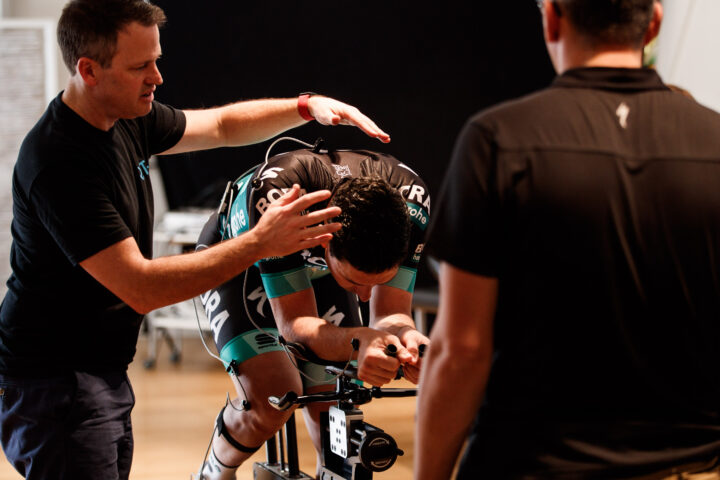
Three great minds of bike fit share their bike fitting methods, the role of technology, and other practical considerations.
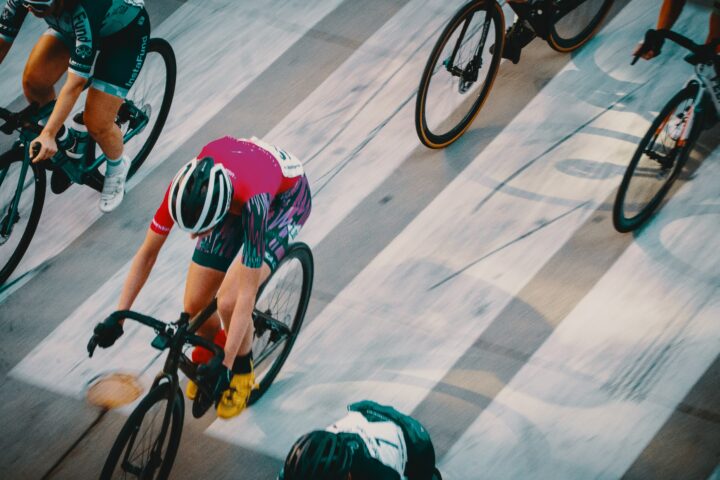
Physiologist Rob Pickels nerds out with Coach Trevor Connor for a deep dive into new scientific research.
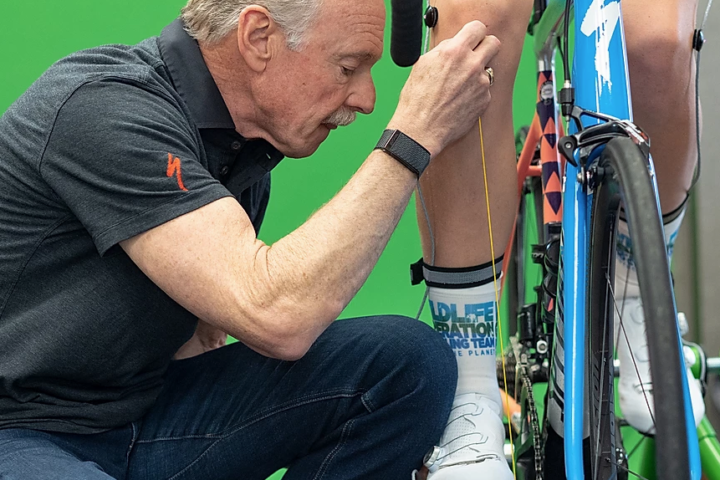
With the help of three of the great minds in bike fit, we discuss bike fit philosophy and how science plays in role in shaping that mindset.

Coach and pro cyclist Rab Wardell helps us answer questions on adding bouts of intensity into your LSD rides, how to find a coach at your level, and how much a coach should serve as teacher.
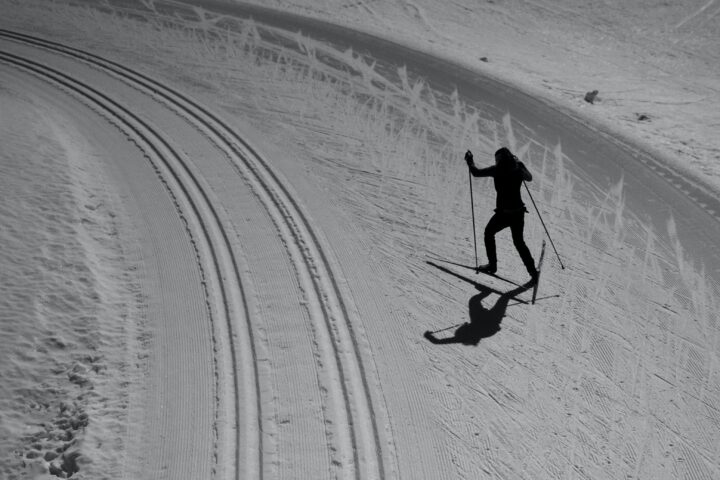
Dr. Stephen Seiler helps us explore the similarities and differences in physiology and training methodologies in running, cycling, cross-country skiing, and rowing.
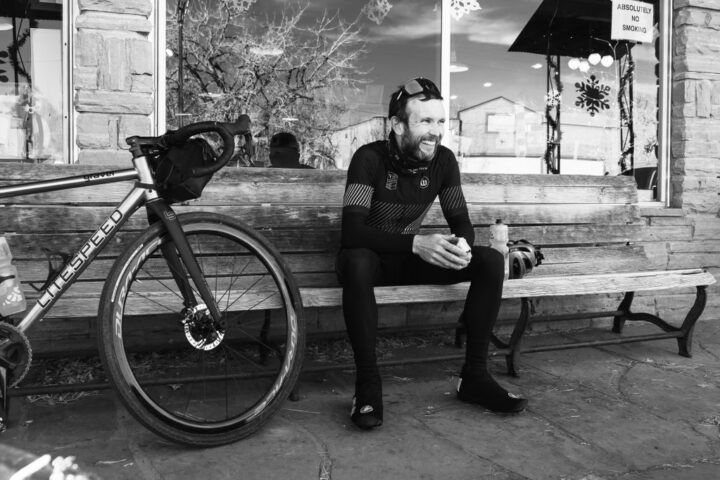
Coach and pro triathlete Joe Gambles fields questions on triathlon training distribution, running outside versus inside, event prioritization, GI distress, and knee warmers.
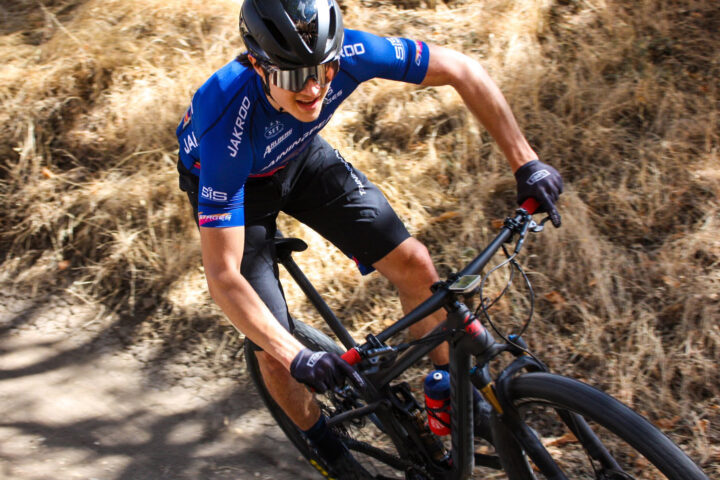
With the help of the director of the Olympic Development Academy, we explore how to best develop young athletes, particularly in cycling.
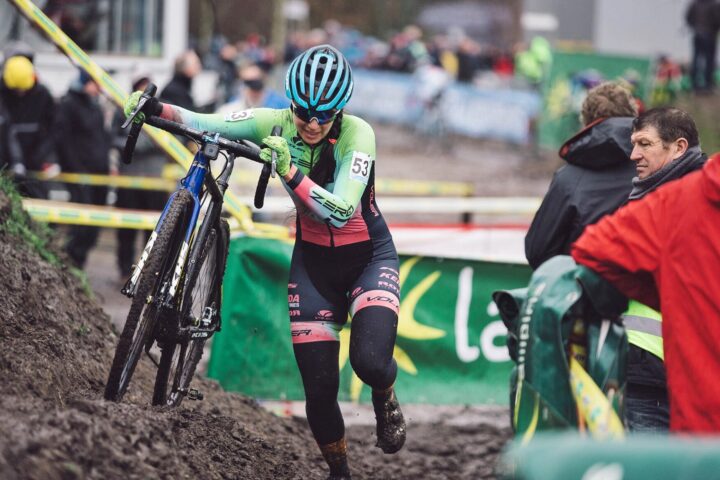
Coach Rebecca Gross of 3six0 Performance helps us field questions on polarized training, closing out your season, if you can “ruin” workouts, spin classes, and more.
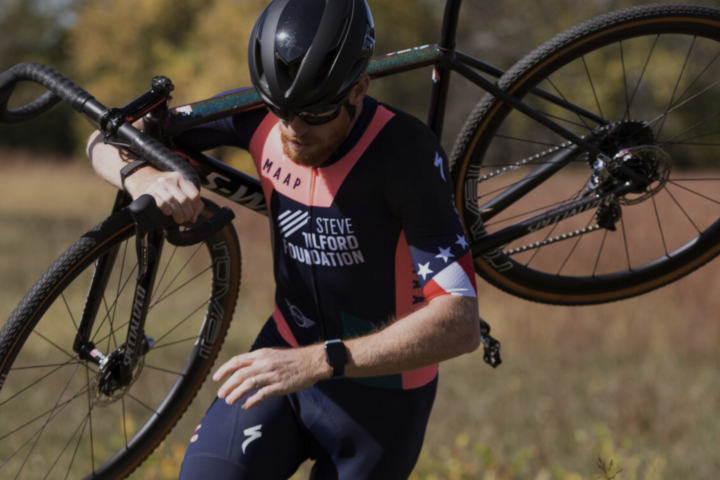
We explore the skills, technique, and nuances of cyclocross with three-time national champion Stephen Hyde.
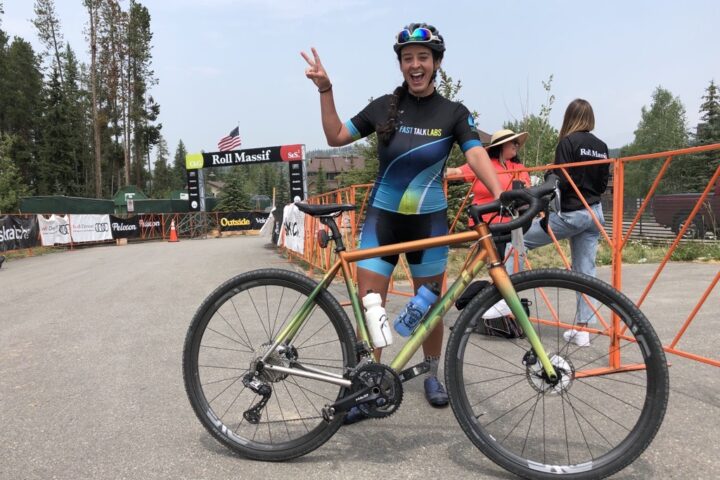
Can a simple bike race change you forever? Jana, Ryan, Trevor, and Chris describe the lessons they learned in each of their respective N1 Challenges.